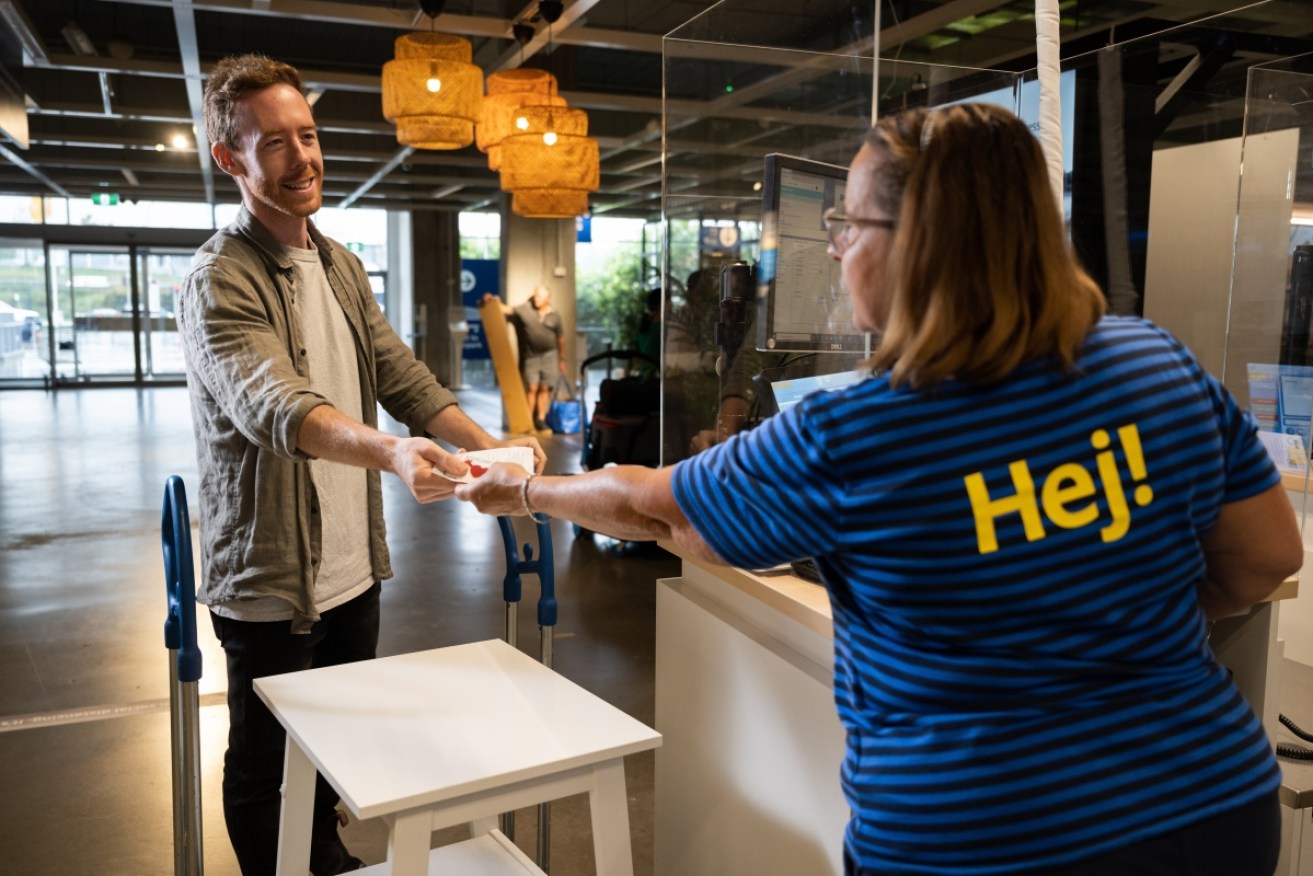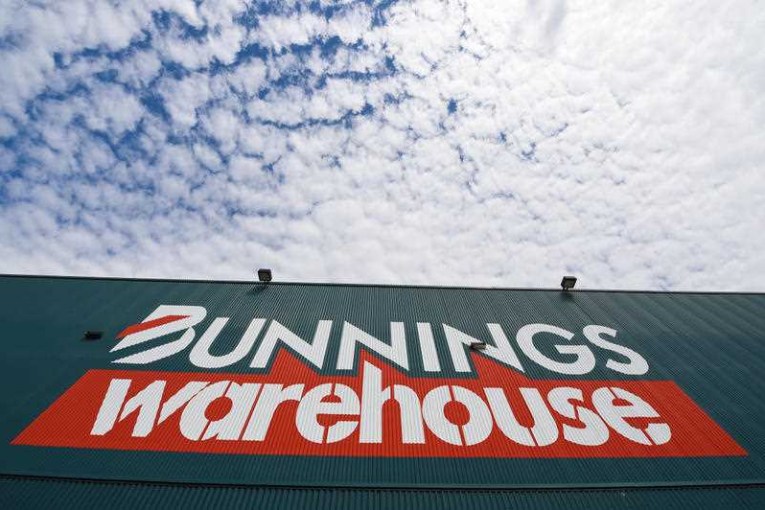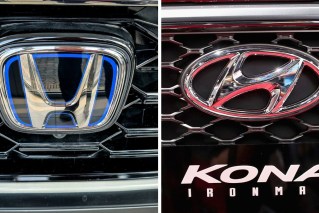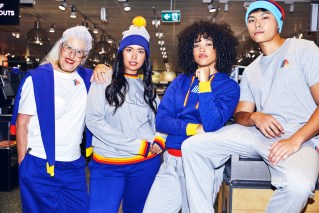IKEA the latest brand to tap into booming second-hand market


IKEA has joined other retailers in the second-hand market to keep environmentally conscious shoppers happy. Photo: IKEA
Second hand on the up
The circular economy aims to reduce waste by reusing materials and products whenever possible, and consumers have been taking matters into their own hands by buying and selling items on platforms such as eBay, Facebook Marketplace and Depop, which boasts 30 million users worldwide.
Dr Mortimer said retailers are now jumping on this bandwagon and providing a way for consumers to shop second hand without needing to worry about counterfeit goods or stolen merchandise.
“If I buy something like a handbag or an office chair from a neighbour, and if something goes wrong, can I get my money back?” he said.
“When I’m dealing with a retailer, I can rest assured that the appropriate checks and balances have been taken care of.
“If the product doesn’t work [or] if it fails very quickly, I can return to that retailer and get an exchange or money back.”

What shopping second hand with IKEA looks like.
Brands enter the fray
Retailers are taking different approaches to joining the circular economy.
IKEA’s As-Is Online platform lets shoppers browse products online at a discount, but requires the purchase to be completed in store.
The Iconic, meanwhile, invites shoppers to register their interest in reselling their items with AirRobe when they first buy them.
AirRobe then saves the details of their purchase so that shoppers can verify their items and resell them on the site in future.
Although more retailers are expected to explore ways to make their businesses more sustainable in future, Dr Mortimer said smaller companies would struggle to introduce similar initiatives due to the higher costs.
“I think consumers need to be aware that there is added cost in providing this particular service,” he said.
“A normal transaction is: I go to IKEA, I buy the product, I take it away.
“Now the transaction is: I bring the product back to IKEA, IKEA then needs to provide staff to check the product. They have to clean the product. They might have to repair the product. They have to repackage the product. They have to price the product, and resell the product.
“It might work for really big global retailers like IKEA … but you may not see a smaller retailer that has very low margins – discount department stores, for example – in this space.”









